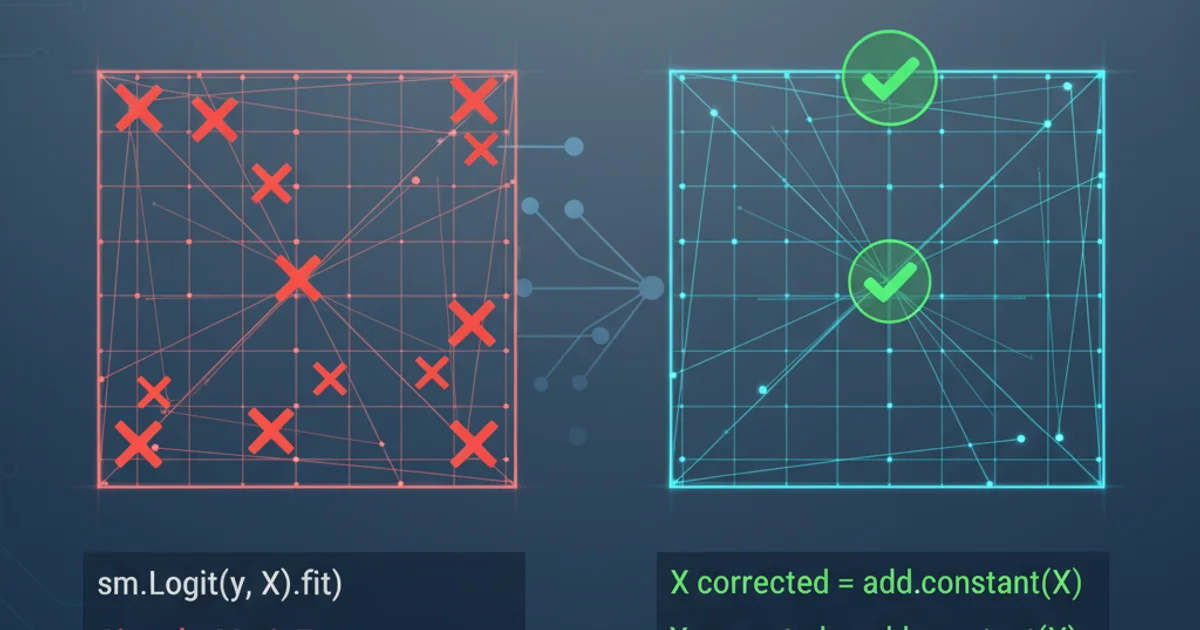What is polymorphism, what is it for, and how is it used?
Categories:
Understanding Polymorphism: The Power of Many Forms in OOP

Explore polymorphism in Object-Oriented Programming (OOP), its core concepts, benefits, and practical applications through code examples.
Polymorphism, a fundamental concept in Object-Oriented Programming (OOP), literally means 'many forms'. It allows objects of different classes to be treated as objects of a common type. This principle enables a single interface to represent different underlying forms, leading to more flexible, extensible, and maintainable code. In essence, polymorphism allows you to define one interface and have multiple implementations.
What is Polymorphism?
At its core, polymorphism is the ability of an object to take on many forms. In OOP, this typically refers to the ability of an object to be treated as an instance of its own class, its superclass, or an interface it implements. This is primarily achieved through method overriding (runtime polymorphism) and method overloading (compile-time polymorphism), though the latter is sometimes debated as true polymorphism.
Consider a scenario where you have various types of Shape objects (e.g., Circle, Rectangle, Triangle). With polymorphism, you can write code that operates on a generic Shape object, and the specific behavior (like drawing or calculating area) will be determined at runtime based on the actual type of the object.
classDiagram
class Shape {
<<abstract>>
+draw()
+getArea()
}
class Circle {
+radius: double
+draw()
+getArea()
}
class Rectangle {
+width: double
+height: double
+draw()
+getArea()
}
Shape <|-- Circle
Shape <|-- RectangleClass diagram illustrating polymorphism with a base 'Shape' class and derived 'Circle' and 'Rectangle' classes.
Why is Polymorphism Important?
Polymorphism offers several significant advantages in software development:
- Code Reusability: You can write generic code that works with objects of a base type, eliminating the need to write specific code for each derived type.
- Flexibility and Extensibility: New derived classes can be added without modifying existing code that uses the polymorphic interface. This makes systems easier to extend and adapt to new requirements.
- Maintainability: Changes to the implementation of a specific derived class don't affect the code that interacts with it polymorphically, as long as the interface remains consistent.
- Decoupling: It promotes loose coupling between components, as client code interacts with abstractions rather than concrete implementations.
These benefits contribute to creating robust, scalable, and easier-to-manage software systems.
How is Polymorphism Used? (Method Overriding)
The most common form of polymorphism is achieved through method overriding, also known as runtime polymorphism or dynamic method dispatch. This occurs when a subclass provides a specific implementation for a method that is already defined in its superclass. When the method is called on an object, the actual method executed depends on the object's runtime type, not its compile-time type.
Let's look at an example using a Vehicle base class and Car and Motorcycle derived classes, each with its own startEngine() implementation.
Java
class Vehicle { public void startEngine() { System.out.println("Vehicle engine starts."); } }
class Car extends Vehicle { @Override public void startEngine() { System.out.println("Car engine starts with a key."); } }
class Motorcycle extends Vehicle { @Override public void startEngine() { System.out.println("Motorcycle engine starts with a kick."); } }
public class PolymorphismDemo { public static void main(String[] args) { Vehicle myCar = new Car(); Vehicle myMotorcycle = new Motorcycle(); Vehicle genericVehicle = new Vehicle();
myCar.startEngine(); // Output: Car engine starts with a key.
myMotorcycle.startEngine(); // Output: Motorcycle engine starts with a kick.
genericVehicle.startEngine(); // Output: Vehicle engine starts.
}
}
Python
class Vehicle: def start_engine(self): print("Vehicle engine starts.")
class Car(Vehicle): def start_engine(self): print("Car engine starts with a key.")
class Motorcycle(Vehicle): def start_engine(self): print("Motorcycle engine starts with a kick.")
Demonstrate polymorphism
my_car = Car() my_motorcycle = Motorcycle() generic_vehicle = Vehicle()
my_car.start_engine() # Output: Car engine starts with a key. my_motorcycle.start_engine() # Output: Motorcycle engine starts with a kick. generic_vehicle.start_engine() # Output: Vehicle engine starts.
C#
using System;
public class Vehicle { public virtual void StartEngine() { Console.WriteLine("Vehicle engine starts."); } }
public class Car : Vehicle { public override void StartEngine() { Console.WriteLine("Car engine starts with a key."); } }
public class Motorcycle : Vehicle { public override void StartEngine() () { Console.WriteLine("Motorcycle engine starts with a kick."); } }
public class PolymorphismDemo { public static void Main(string[] args) { Vehicle myCar = new Car(); Vehicle myMotorcycle = new Motorcycle(); Vehicle genericVehicle = new Vehicle();
myCar.StartEngine(); // Output: Car engine starts with a key.
myMotorcycle.StartEngine(); // Output: Motorcycle engine starts with a kick.
genericVehicle.StartEngine(); // Output: Vehicle engine starts.
}
}
virtual keyword (in the base class) and override keyword (in the derived class) are crucial for enabling runtime polymorphism through method overriding. Python achieves this implicitly.How is Polymorphism Used? (Method Overloading)
Method overloading, sometimes referred to as compile-time polymorphism or static polymorphism, allows a class to have multiple methods with the same name but different parameter lists (different number of parameters, different types of parameters, or both). The compiler determines which method to call based on the arguments provided at compile time.
While technically a form of polymorphism, it differs from method overriding as it deals with different method signatures within the same scope, rather than different implementations of the same signature across an inheritance hierarchy.
class Calculator {
// Method to add two integers
public int add(int a, int b) {
return a + b;
}
// Method to add three integers (overloaded)
public int add(int a, int b, int c) {
return a + b + c;
}
// Method to add two doubles (overloaded)
public double add(double a, double b) {
return a + b;
}
}
public class OverloadingDemo {
public static void main(String[] args) {
Calculator calc = new Calculator();
System.out.println("Sum of 2 and 3: " + calc.add(2, 3));
System.out.println("Sum of 2, 3, and 4: " + calc.add(2, 3, 4));
System.out.println("Sum of 2.5 and 3.5: " + calc.add(2.5, 3.5));
}
}
Java example demonstrating method overloading in a Calculator class.